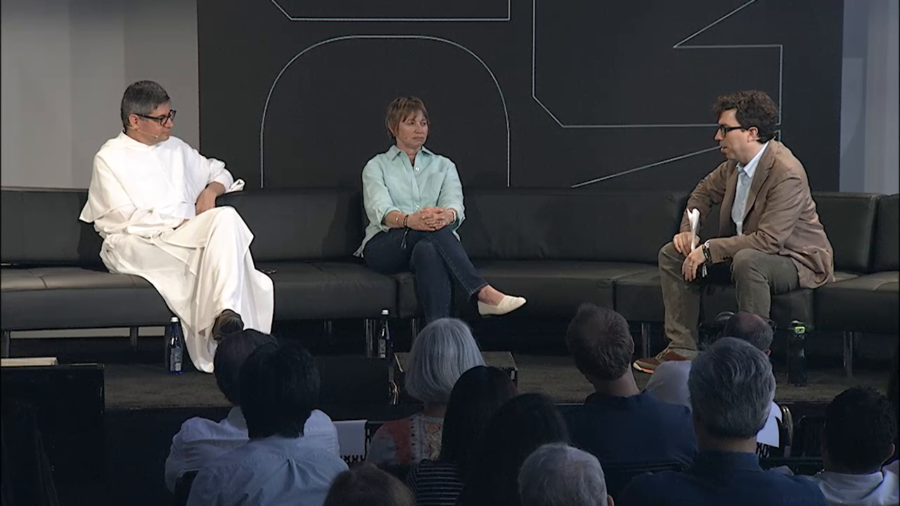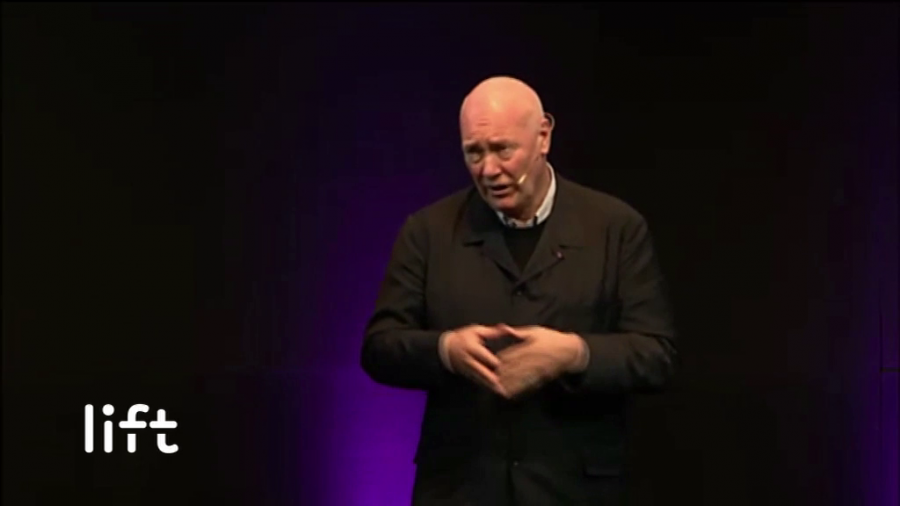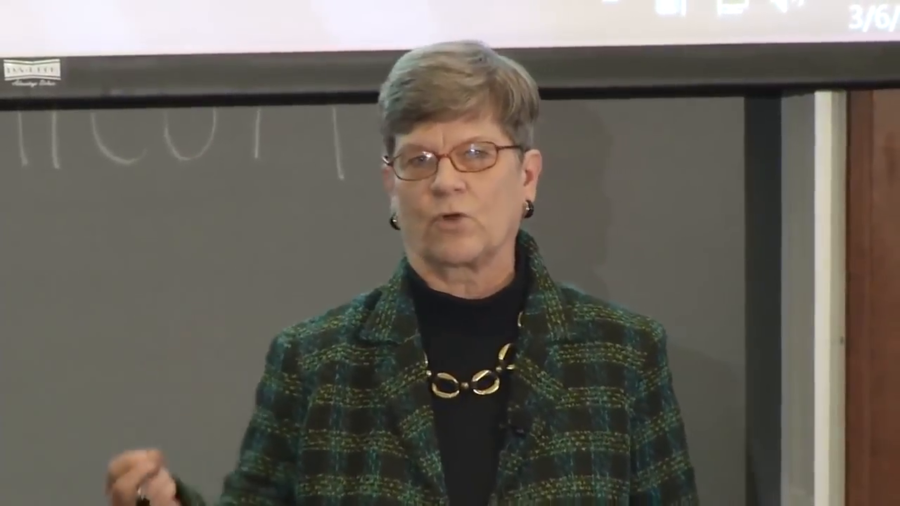The danger is that we are taking the agenda that is being set by those who are the political players, and by checking within it ignoring the things that are consequential that we ought to be debating, that to some extent exist in another world which is a world about what is desirable and good, and what the trade-offs actually are and how we should arbitrate those track trade-offs.
Archive

The challenge for the Church and for the theologians was to say okay, perhaps that’s what is written. But for example if you consider that God has delivered the Creation in seven days, knowing that nowadays Amazon can deliver everything on Earth overnight, it means that Jeff Bezos has defeated God? Or does it mean something different? And I think it means probably something different.
Conversation has been consistently a model in my head of being human. For quite a while I’ve spoken about how we’re not taught at any time in our life how to ask a question, and how to talk on the phone. And most people think they know how to ask a question, and they know how to talk on the phone. And yet I found that 98% of questions are either bad questions or speeches. And most phone calls are terrible.
We are in the midst of a shift in how we encounter information. And we’re wrestling with three paradigms at the same time. The oldest of these paradigms, for for most of us, is edited media. … You have a powerful gatekeeper, the newspaper editor, who says, “Here are things you need to pay attention to today. Give this a small amount of your time, and you will be roughly up to date with what you need to know.”
I think if there are people who are able to take a step backwards, take that proverbial zoom out, and realize that everybody’s kind of doing the same thing in different ways, and be able to step from one perspective to the other and ask different kinds of questions based on where they are at any given moment time, then it just becomes a game. I think it becomes joyful and engaging. I mean, I’m not interested in finding the answer to anything. I don’t think there is the answer to anything.
Some of my artist friends think what I’m doing isn’t art, and I’ve given up on art. It’ll take care of itself. You know. I mean it’s always been there, it will always be there, and we always know that new art never looks like art at first, ever. So why should this be any different? We just have to trust the process. And I would say that must be true for every other discipline.
Obviously there’s human rights that have to do with water and air and safety and shelter, but I think education is right there with it because it really is a public good. I have such a hard time with people who say, for example, who don’t have children and say, “Well why should I pay those taxes. I don’t have anybody in the schools. It’s not benefitting me.” And I think how can you possibly say that? Those are the people that are servicing you, whether they’re servicing your roads or your supermarket or your medical offices.

Whenever you are the first and different and unique, you cannot be wrong. You will win. And these three commands are the commands of my company. Of course we make watches, but we don’t care about watches. We especially don’t care because nobody buys a watch to read what time it is.
In this episode, we’ll take a broad understanding of the term “technology” and look at how processed and techniques have affected the way in which societal benefits from certain types of seeds have spread across the world, from indigenous knowledges, to biotechnology, and patenting and privatization of seeds.

